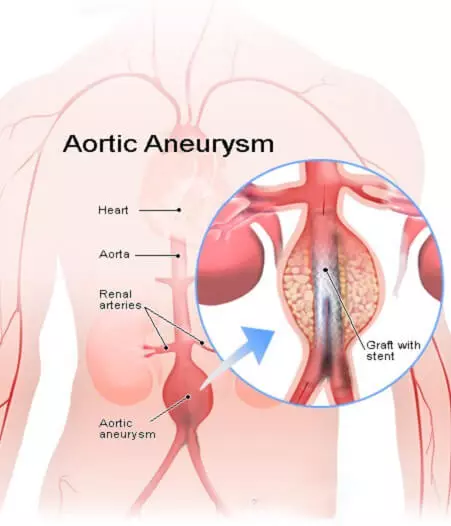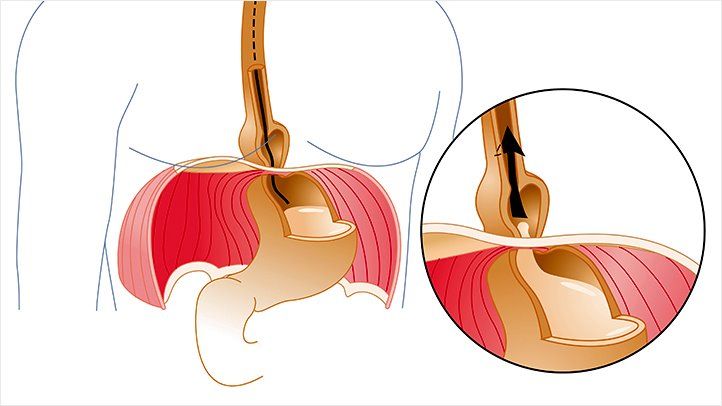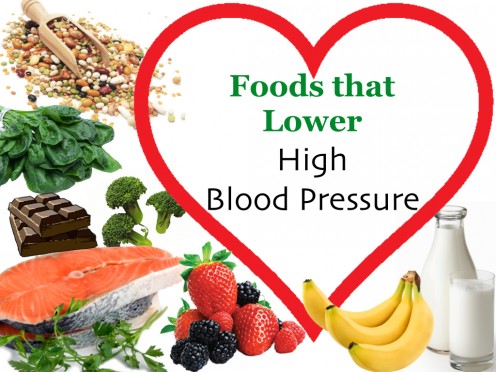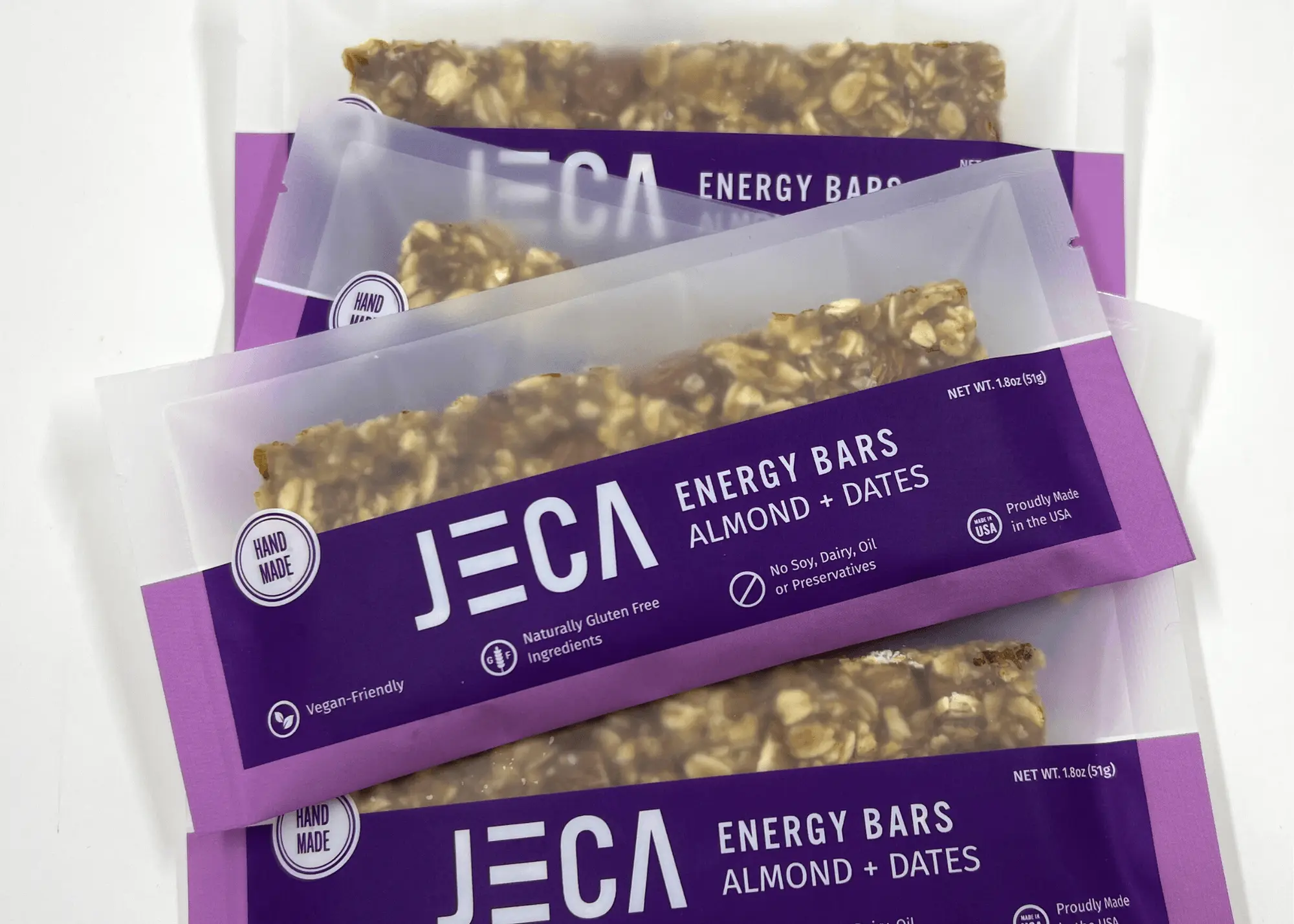Symptoms related to poor gut health become more common as you age. Every person has experienced bloating, vomiting, abdominal pains, constipation, or diarrhea at least once in their lifetime. Some of these may be functional, that is non-pathological, symptoms. Some may be attributed to irritable bowel syndrome or unidentified food sensitivities. The former has a 12% worldwide prevalence, thus making it a common occurrence in patients seen by gastroenterologists. Here are some tips that can promote better gut health and decrease annual visits to the hospital:
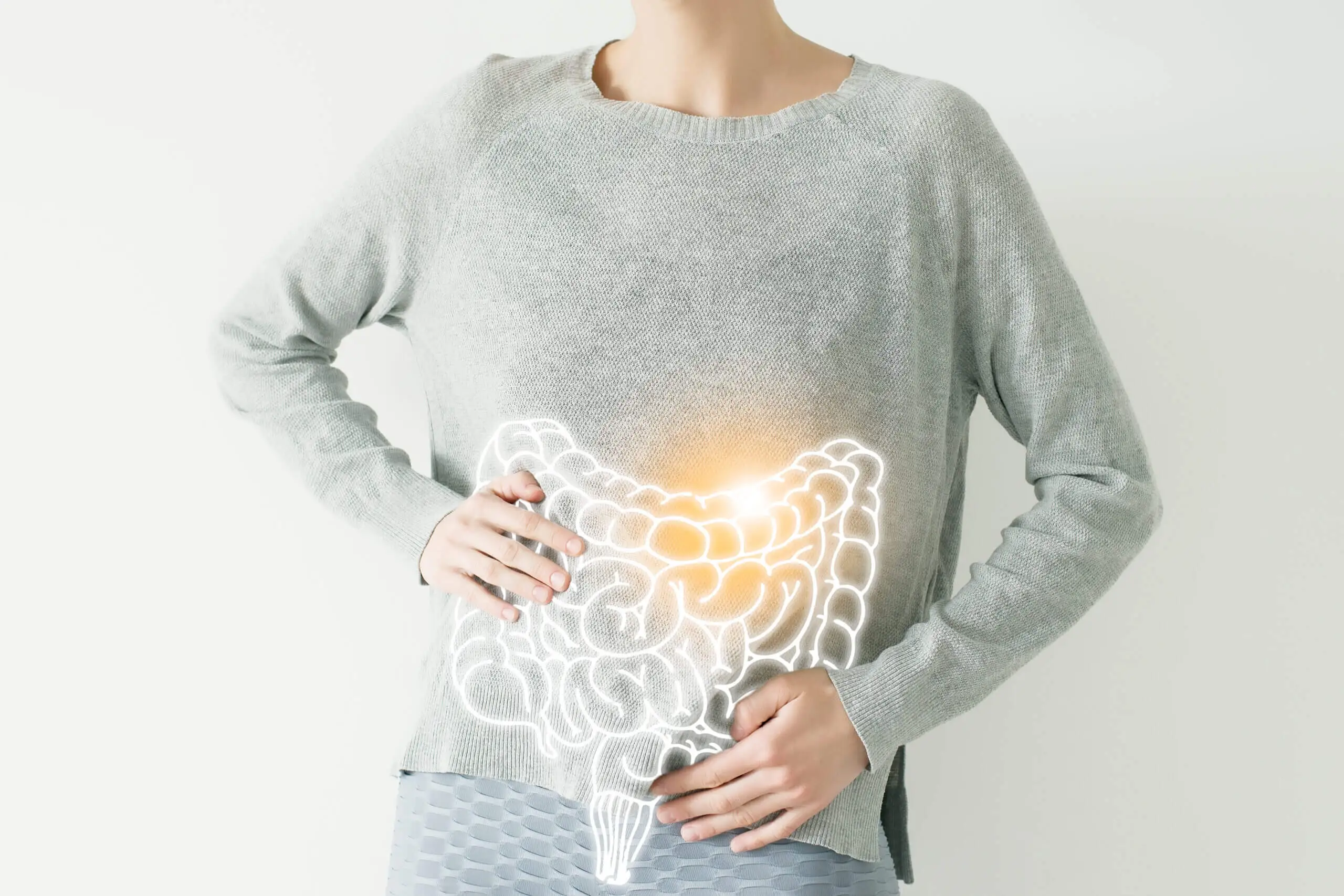
Increase Your Fiber Intake
An easy way of accessing how much fiber you need is by using the ‘age + five rule.’ According to this add five to your age, if you’re 20 then your daily fiber intake should be 25 grams. Fiber is essentially indigestible bulk that cannot be absorbed through the intestinal cells into the bloodstream. This bulk helps in increasing peristalsis, the churning movements of the large intestine, to clear it out. This way greater waste products will be expelled from the gut which can help prevent cancers, ulcerative colitis as well as bloating, and bacterial growth from remnants of stool that have not been cleared about due to the lack of bulking material. Some excellent sources of fiber include raw vegetables, fresh fruits, cereals, resistant-starch foods like maize, beans, bananas, oats, whole grains as well as nutrient bars containing high fiber content like legumes and oats.
Consume More Probiotics
Contrary to popular belief, not all bacteria are harmful. Some bacteria mutually work with our bodies to bring about better desirable changes. This class of bacteria is classified as probiotics. They help increase gut immunity thus lowering inflammation. Moreover, probiotics are crucial in the management of several diarrhoeal diseases. They compete with the harmful gut bacteria and prevent their overgrowth; especially after open laparotomy surgical interventions. They promote liver health by inhibiting the uptake of lipopolysaccharides that are responsible for releasing pro-inflammatory mediators. Commensal bacteria in probiotics feed on hepatic fat, thus reducing the incidence of fatty liver and its associated diseases and complications. Its anti-inflammatory properties also help decrease the incidence of irritable bowel syndrome and inflammatory bowel diseases. Common probiotics include yogurt, miso, kombucha, fermented soy, and sauerkraut.
Prevent Gastro-Esophageal Reflux by Lifestyle and Dietary Changes
One of the most common complaints related to poor gut health is heartburn and the associated postprandial reflux of gastric contents. The following bad habits have been associated with GERD.
* Low stomach acid and chronic use of proton pump inhibitors or non-steroidal anti-inflammatory drugs
* H. Pylori infestation
* Tight clothes that cut off blood supply
* Obesity and pregnancy
* Extensive strenuous exercise that causes relaxation of the lower esophageal sphincter due to sustained increase in abdominal pressure
* Magnesium deficiency
* Larger fatty meals that cause over-distention of the stomach
* Low chloride diet
Be Mindful of the Brain-Gut Axis
Your brain closely synchronizes with your gut to bring about desirable changes. Thus, consuming healthy food directly impacts your cognition, mood, and energy levels. On the other hand, in stressful situations, cognitive load also adversely impacts your gut. The brain’s switch to flight or fight mode in stressful states reduces the blood flow from the gut and diverts it to your brain and muscles. This is a primitive coping mechanism that prepares you to face your enemy or run. In the developed world, the predator isn’t visible, instead, we must deal with stressful situations on a day-to-day basis. This constant switch from parasympathetic to sympathetic nervous system causes deterioration of the gut health; mostly due to reduced blood flow, absorption and peristalsis. Thus, having your mind in control during stressful situations will promote the ideal ‘rest and digest’ state that improves gut health.
Deworming and Increasing Blood Circulation to Your Gut
Finally, after having taken the above-mentioned precautions, set an appointment with your doctor to check your gut’s microbiome. Some bacteria may deplete as you age. While some parasites may also begin investing in your gut that can show signs of anemia, chronic fatigue, and breathlessness. Having your gut dewormed and detoxified regularly can help promote better health. Additionally, avoid stimulants such as caffeine and micro ice that cause vasoconstriction of the gut vessels and slow down peristalsis.

Karen is a health blog author who has been writing about healthy living since 2013. She started her journey by adopting a vegan diet and eating only organic foods, but the more she learned, the more she realized that we should all be eating plant-based diets exclusively. As an expert in nutrition and wellness, Karen blogs to educate readers on how they can live happier and healthier lives through food choices!



